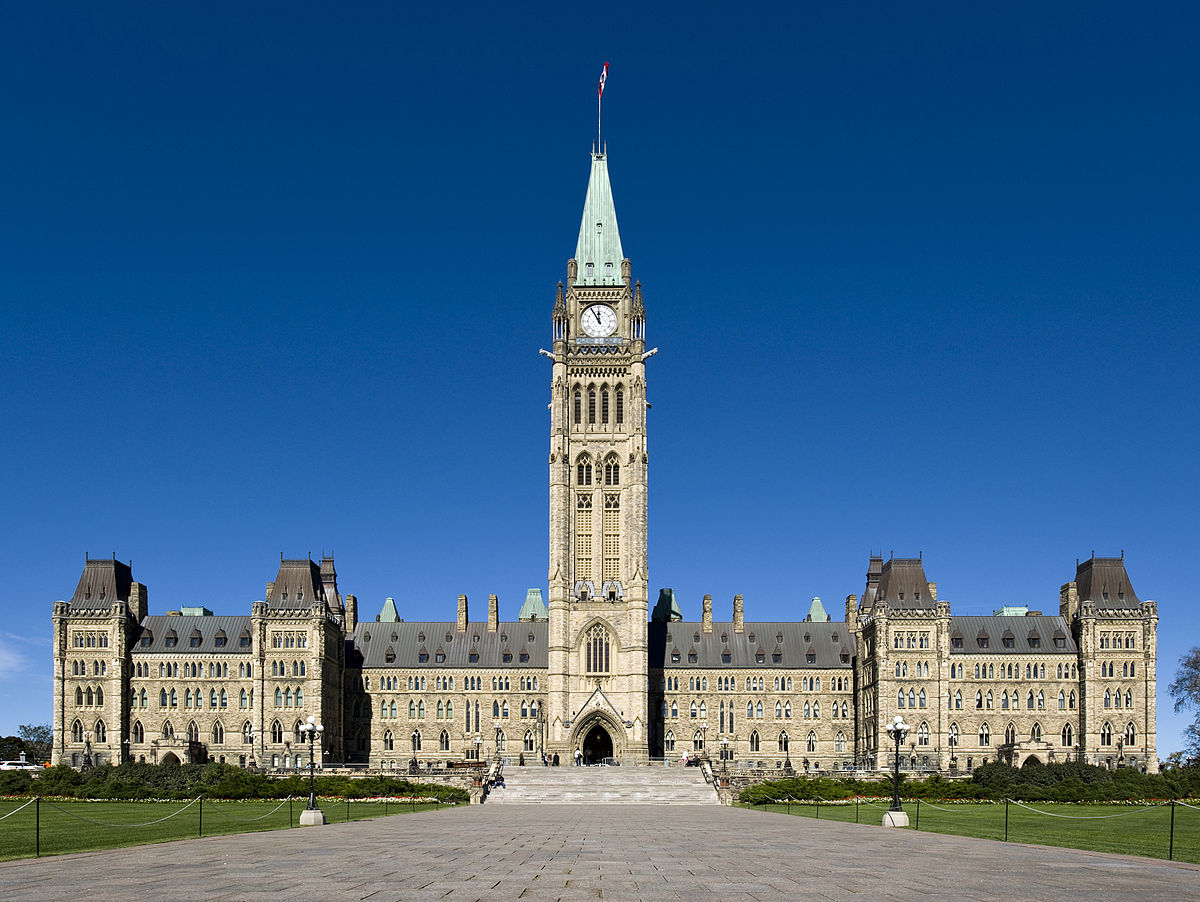Vaccines, rapid tests, HHR and EquipCare BC program dollars flowing from Government of Canada

While health care remains largely the purview of the provinces, it is the Government of Canada that directs some of the most significant funds toward health services. Today, at Canada’s First Ministers Meeting between Prime Minister Trudeau and provincial and territorial premiers the discussion centered on increasing funding for health care. And while there were few direct investments before this year by the federal government that specifically targeted long-term care and assisted living before, BCCPA and the Canadian Association for Long-Term Care (CALTC) have been championing for a stronger federal presence in supporting long-term care and assisted living.
During 2020, we are pleased to see significant new fiscal commitments have been made by the federal government to better prepare the continuing care sector against the threat of the coronavirus by providing more dollars for training, research, infection control programs, and addressing the infrastructure gap and critical staff shortages. BCCPA/EngAge BC have reviewed many of these new commitments, and have prepared the following summary of the noteworthy investments made by the federal government this year.
What funding is B.C. getting from the federal government?

Through the Safe Restart Agreement, the federal government invested $19 billion to help provinces and territories safely restart their economies and prepare for future surges of COVID-19. This $19 billion in funding has been divided into seven priority areas, one of which is ‘vulnerable populations,’ which includes those in long-term care. The federal government allocated $740 million to this priority area, and this funding has been distributed on a per capita basis to provinces and territories.
What this investment means in B.C.: Of the $740 million that is being distributed to provinces and territories in the ‘vulnerable populations’ priority area, B.C.’s per capita share will total $99.785 million. The federal funding will fund measures that support vulnerable populations in B.C., including long-term care and seniors’ assisted-living residents. This includes:
- Launching EquipCare B.C., providing funding to enhance infection prevention and control and improve quality and safety in assisted living and care homes; and
- Funding for over 2,000 additional staff to ensure infection prevention and control measures for COVID-19 are followed and to support safe visitation.
The federal government has also stepped up to help provinces and territories fight the outbreaks in long-term care homes by providing PPE, contact tracing and over $39 million in funding for direct assistance through the Canadian Red Cross. Other investments to date include:

- The commitment of up to $1 billion for a Safe Long-term Care Fund, to help provinces and territories protect people in long-term care and support infection prevention and control. Funding will be contingent on a detailed spending plan, allocated on an equal per capita basis and conditional on provinces and territories demonstrating that investments have been made according to those spending plans. Provinces and territories will be able to use this funding to undertake a range of activities, including carrying out infection prevention and control readiness assessments, making improvements to ventilation and hiring additional staff or topping up wages.
- $6.4 million over two years, starting in 2020-21, will be allocated to the Canadian Foundation for Health Improvement to expand its LTC+ initiative, which allows long-term care homes and seniors residences to register via an online portal and submit a self-assessment, making them eligible for coaching and seed funding to help address gaps. The additional funding is expected to allow LTC+ to expand its reach to about 1,000 homes across Canada.

- Fluzone® High Dose vaccines for residents of long-term care homes aged 65 and older were ordered for this year’s flu season, which will help protect this at-risk group and reduce pressures on the healthcare system.
- $1 million to engage with third parties to help identify resources to conduct readiness assessments in long-term care homes and facilitate training on infection prevention and control. The government also released guidance for long-term care homes to prevent and control COVID-19 infections.
- $2.4 million over three years to expand Health Canada’s capacity to support these new initiatives and undertake policy work related to commitments made in the Speech from the Throne.
- $38.5 million over two years to support training up to 4,000 personal support worker (HCA) interns through an accelerated 6-week online training program combined with a 4-month work placement, to address acute labour shortages in long-term care and home care.

- The federal government procured millions of rapid antigen tests and sent up to 500,000 of the tests to British Columbia in November, though the Provincial Health Office has yet to deploy them on a wide scale, and the first pilot use in long-term care happened on December 7th.
- The new COVID-19 Resilience funding steam now lets federal infrastructure funding be used to upgrade long-term care homes, making them more resilient to keep seniors safe.
- The new Essential Services Contingency Reserve will ensure that personal protective equipment (PPE) and other critical supplies will always be available to those caring for Canadians.
- Plus new funding for research to study the effectiveness of promising practices to protect long-term care homes from COVID-19, led by the Canadian Institutes of Health Research.
The federal government has also recently announced several measures related to health human resources and immigration policy:
- In cooperation with provinces and territories, the federal government provided a $3 billion fund (provinces and territories contributed another $1 billion) to give essential workers a pandemic pay bonus — including personal support workers (aka health care assistants) and other front-line workers.

- Immigration, Refugees and Citizenship Canada (IRCC) has announced they will begin accepting applications for permanent residence from refugee claimants who work in Canada’s healthcare sector – including long-term care, assisted living and seniors’ home care – on December 14, 2020. Applications under these special measures will be accepted until August 31, 2021.
- As announced in the recent Fall Economic Statement, the federal government plans to seek solutions to improve retention, recruitment and retirement savings options for essential workers involved in seniors’ care, particularly those without workplace pension coverage.
The federal government will also work with provinces and territories to set new, national standards for long-term care. Through CALTC operators are developing a framework for these new “national standards” to present to the federal government.
As more information becomes available, our association will be sure to share it.




